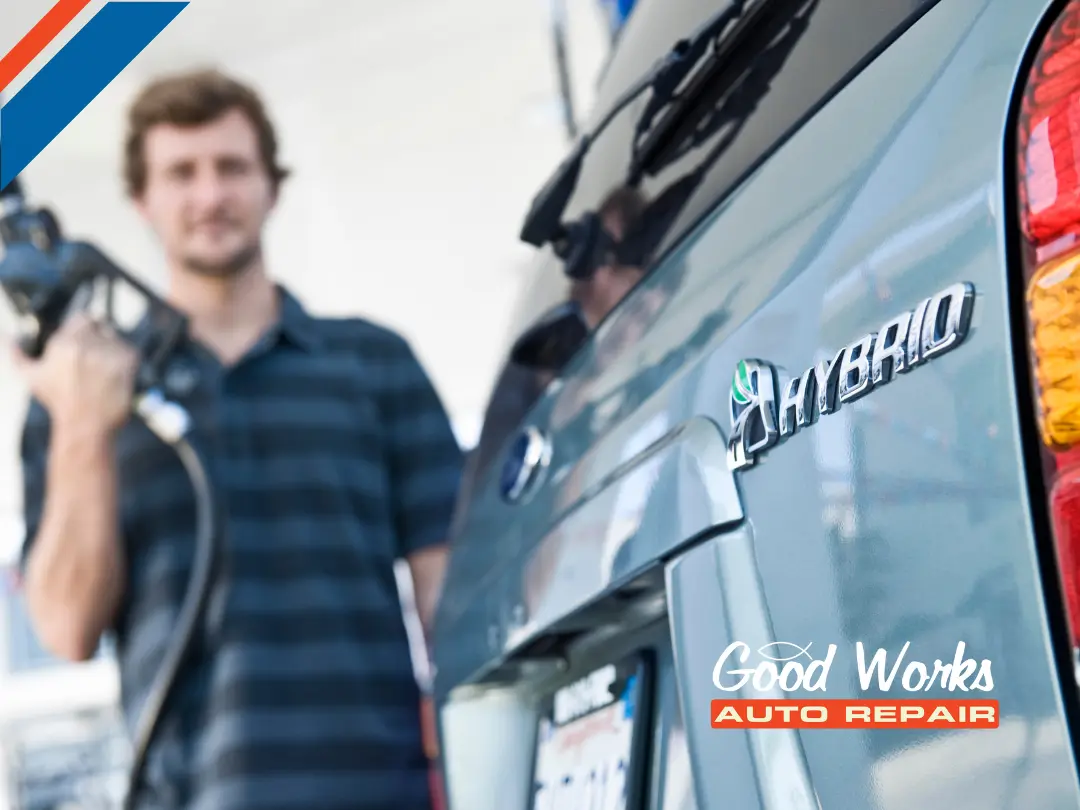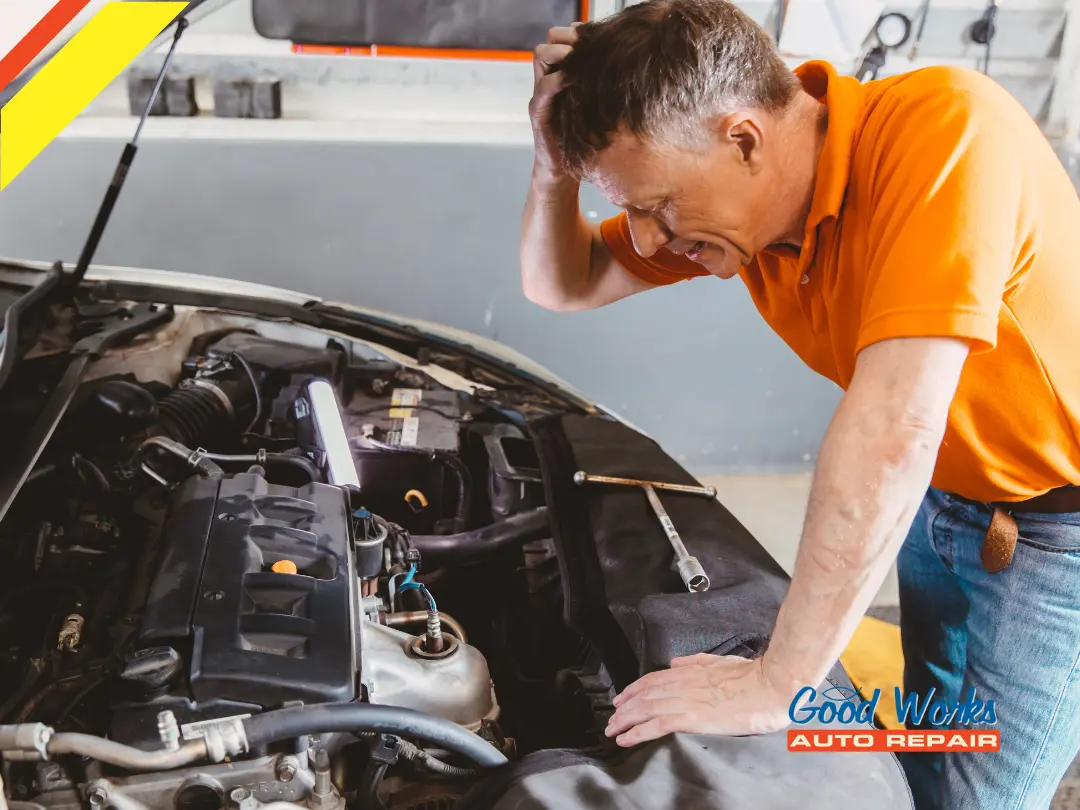From semi-trucks and heavy equipment to trucks and even more passenger vehicles as technology improves, you can find all types of vehicles with diesel engines on the market today. Diesel-powered engines were invented in 1892 by Rudolf Diesel and they have always been a good alternative to gasoline-powered engines. But as they become more available and more efficient, should you think about one for your vehicle, too?
This blog looks to separate the pros and the cons so you can see what best fits your needs and your commute.
What are diesel engines?
Very much like a gasoline-powered engine, a diesel engine is an internal combustion engine that uses a series of small explosions, or combustions, to power the vehicle. However, the difference is in how they occur. Diesel engines do not use spark plugs. Instead, the air is so hot that the fuel ignites without them.
When is a diesel powered vehicle preferred?
Do you have a job that requires you to drive on the highway frequently while towing a trailer full of work supplies? Will you be camping every weekend towing an RV camper or driving through mountains and sand dunes? Are you planning on hauling a horse and trailer to shows and rodeos this year? If you answer yes to these types of questions, then you may actually benefit from a diesel-powered vehicle.
What are the advantages of diesel engines?
- Better mileage and improved fuel economy – a big selling point! Diesel engines can get 25-30% better fuel economy than a gas engine due to the high efficiency of diesel fuel.
- More power and more torque – They have a better power-to-weight ratio and can handle heavy loads.
- Lower emissions – This has improved a lot and most modern diesels emit lower levels of CO2 and carbon dioxide than gas engines.
- Less maintenance – No spark plugs and no tune-ups mean these engines can run longer before requiring preventative maintenance.
- Safety – Diesel is less volatile and the vapor is not as explosive as gasoline.
- Longer lasting and high-mileage – Thanks to higher compression, the parts of a diesel engine suffer less wear and tear than a gas-powered engine. It isn’t uncommon to hear of diesel engines making it to the 500,000 mile mark!
- Lower emissions – Modern diesel engines emit lower levels of CO2 and carbon monoxide than gas engines.
What are the disadvantages of diesel engines?
- Higher fuel costs – This has been tough for many people to handle. Diesel can be up to 50 cents more per gallon than regular unleaded gasoline and with gas prices still up there, the costs are something to consider.
- Purchase costs are higher – A diesel vehicle will typically cost you a bit more up front because it is built to handle more.
- Noise – Modern diesels have improved noise levels but they are still louder than their gas-powered counterparts. Be sure to listen to a diesel vehicle and compare it to a gas engine.
- Emissions – Pollution has also improved with the latest technology but diesel still emits some harmful substances like nitrous oxide and soot to name a couple. Today’s low-sulfur diesel fuel has greatly reduced emissions.
Get the best diesel repair and maintenance in Tempe!
We are happy to go over additional pros and cons with you as you make your decision about which type of engine is right for you. We are also excited to share that we offer diesel repair and maintenance services performed by expert auto mechanics who have experience and expertise with diesel engines where some auto repair shops in the area may not.
It all comes down to the costs you’re willing to pay up front and what you’ll be using the vehicle for. Modern automotive technology has come so far and you’ll enjoy many benefits of either diesel or gas engines! Give us a call or schedule an appointment online today – we’d love to keep YOUR vehicle running smoothly, regardless of whether it runs on gas or diesel.





